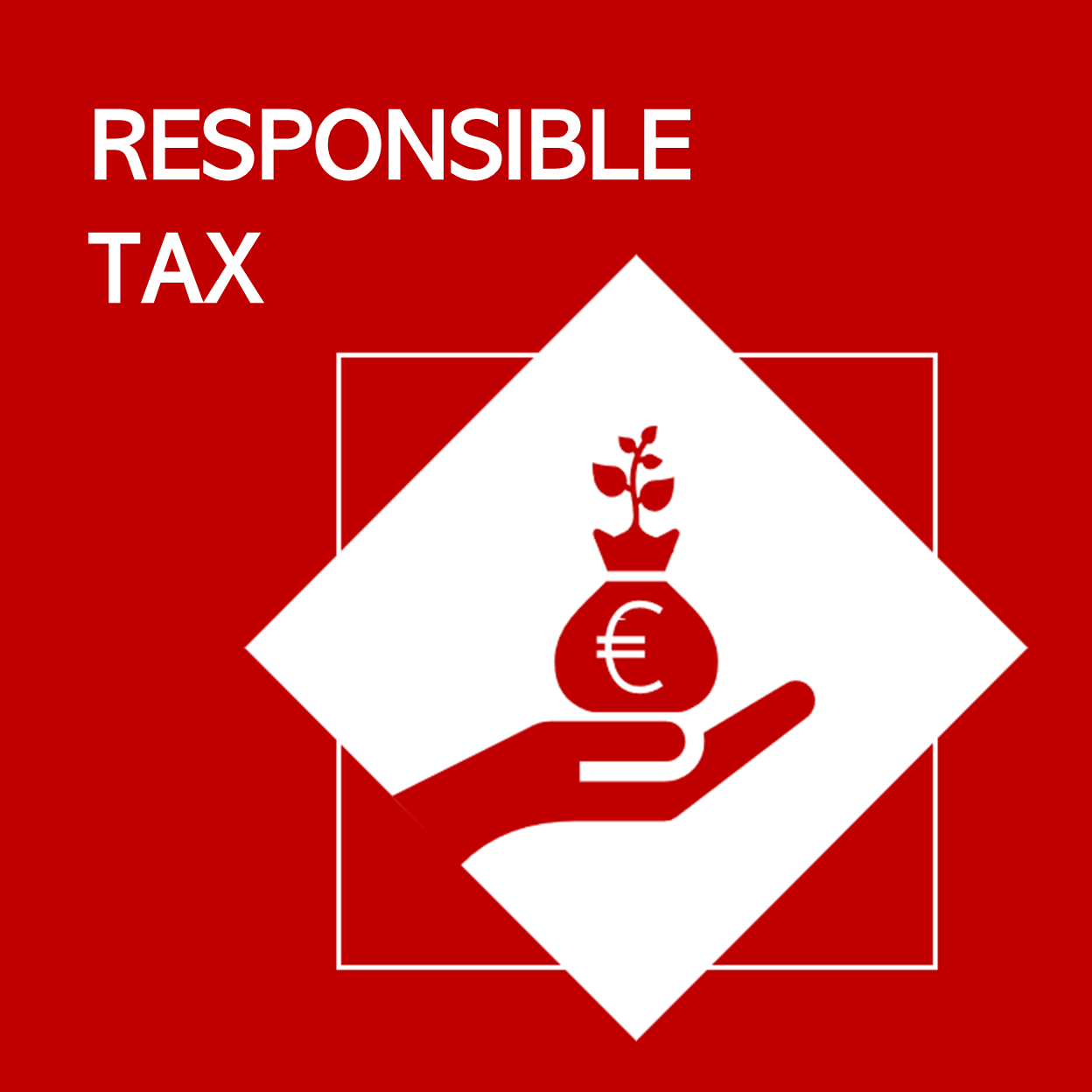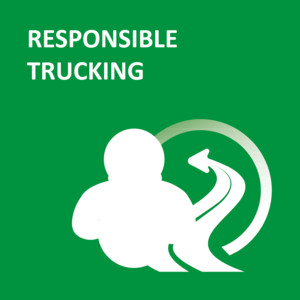Upcoming Opportunities to Boost Collaboration for Impact
In the “Upscaling - Multistakeholder collaboration” Pillar, CSR Europe offers companies the opportunity to work together with peers from different industries and sectors to deliver high-level impact and systemic change.
Over the past years, CSR Europe has been emphasizing the need for sustainability leadership through collaboration to achieve systemic change and a positive impact on people and the planet. This approach resulted in the creation of successful multi-stakeholder and cross-sector collaborative platforms.
These platforms serve as dynamic arenas where participating companies collectively address common challenges together with peers and other stakeholders:
INTEGRATING NATURE INTO CORPORATE STRATEGIES & OPERATIONS
Building on the groundwork laid by the 2024 pilot , the Biodiversity Platform aims to bring together industry leaders across sectors to accelerate corporate biodiversity action in collaboration with the Wildlife Habitat Council (WHC) and the World Environment Center (WEC).
By fostering peer learning, sharing best practices, and driving collaborative commitments, the platform will empower businesses to prioritise biodiversity and achieve meaningful, measurable impact. How? By integrating strong management strategies into their operations, leveraging their assets, and responding to the increasing need for sustainable and responsible business practices.
The long-term mission of the platform is two-fold:
Strengthening Local Biodiversity Programmes
Unlock the biodiversity potential of operational sites by enhancing local programmes, working towards a certification to be developed in partnership with stakeholders of the Platform (Working Group A).
Making the Business Case for Biodiversity
Develop compelling narratives and business cases for boards and senior management by refining biodiversity materiality analyses and identifying strategies to effectively integrate biodiversity considerations into business operations (Working Group B).
For more information about this platform, contact Matilde Emma Bettella.
DEVELOPING TAX TRANSPARENCY & RESPONSIBLE TAX BEHAVIOUR
Over the past couple of years, corporate tax transparency and responsibility have been on top of the sustainability agenda. Meeting the growing expectations of society and policymakers alike is becoming increasingly challenging for companies that want to genuinely tackle corporate tax avoidance and aggressive tax planning.
To support companies in adopting responsible business practices and meet stakeholders' expectations, CSR Europe and Fair Tax Foundation co-developed the Tax Responsibility & Transparency Index (TRTI).
CSR Europe is now continuing to facilitate knowledge-sharing among businesses across various sectors through a new Collaborative Platform on Responsible Tax Conduct.
Platform partners will focus their engagement on five key aspects of corporate taxation within today’s regulatory landscape:
Policy & Strategy
Management & Governance
Stakeholder Engagement
Transparency & Reporting
Contribution & Narrative
For more information about this platform, contact Martina Cappelli
SUPPLY CHAIN SUSTAINABILITY IN THE AUTOMOTIVE INDUSTRY
To tackle the adverse environmental and social impacts of the automotive supply chain, the Drive Sustainability and Drive+ collaborative platforms were created.
Drive Sustainability is a partnership of 16 leading automotive companies leading the transformation towards a circular and sustainable automotive value chain by leveraging a common voice in its engagement with suppliers, stakeholders, and related sectors.
For more information about this platform, contact Isabelle Paulin Jardel
Drive+ is the platform where automotive Tier-1 suppliers and supplier associations can engage in a systematic dialogue with Drive Sustainability partners about common sustainability challenges and find joint solutions. Ultimately, Drive+ helps suppliers meet Drive Sustainability expectations and cascade them into their own supply chain.
For more information about this platform, contact Filippo Spiezia
IMPROVING TRUCK DRIVERS WORKING CONDITIONS
The logistics sector faces many social challenges relating to the working conditions of truck drivers, including difficulties in finding workers, human rights violations, non-compliance with the law, major fraud issues, and technical and road safety breaches.
The Responsible Trucking collaborative platform strives to improve the working conditions of road transport workers and compliance with legislation. Carriers and shippers work together to prepare for future policy developments and actively manage the social risks present in the sector.
For more information about this platform, contact Desmond Situma.
COLLABORATIVE PLATFORMS NEWS










